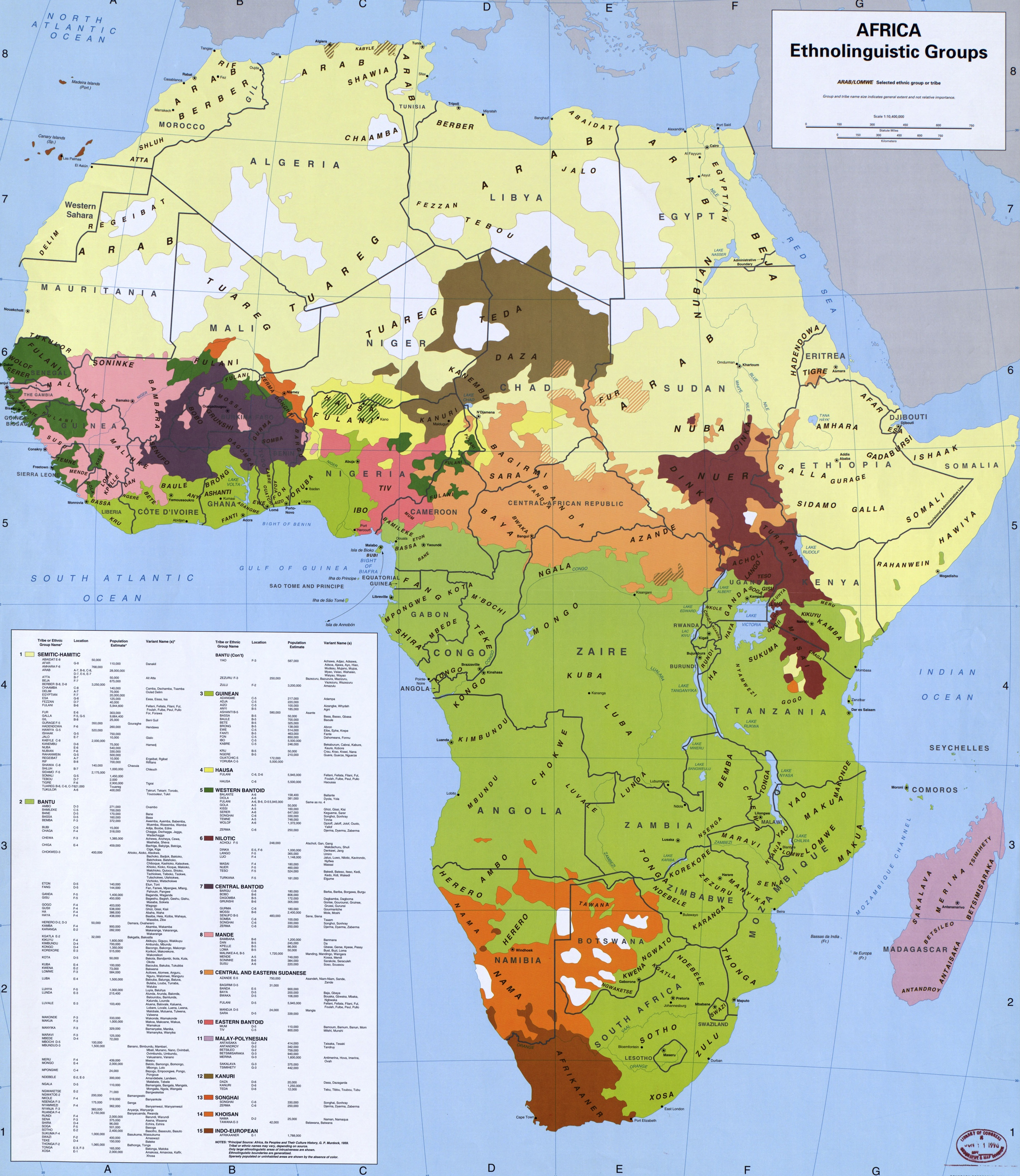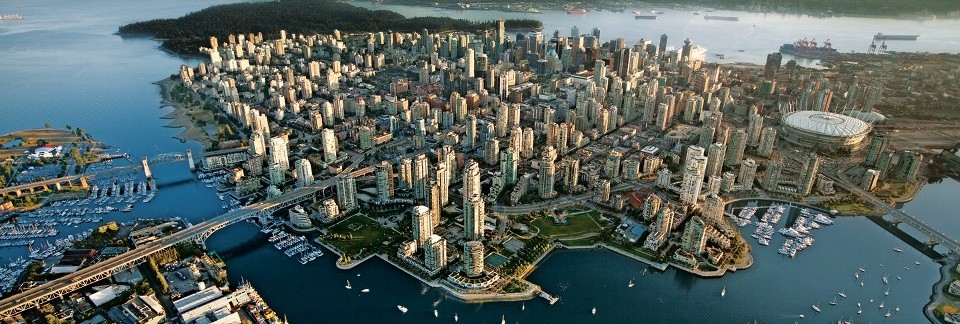In the course of talking about development in GRS, we’ve discussed the challenges faced by people living in unstable regions where the State is small or nonexistent, or run by corrupt politicians, or run by members of a tribe who only want to take care of their own interests, or some combination thereof.
This article by the highly unorthodox but always well researched War Nerd made me consider how the nation-state borders in Central Africa can cause non-specialists (including myself) to not always recognize how deeply conflicts in different countries are connected and develop as each other’s offshoots. The War Nerd’s article discusses how the ‘rebel’ groups in eastern Congo who were nearing Goma some years ago see their own activities. Basically, the 5-10 thousand man force led there by Laurent Nkunda was composed mostly of Tutsi forces, while the groups they were staging attacks on were of Hutu origin.
As most are familiar with the Rwandan genocide, we know that these groups have historically been in conflict. However, War Nerd points out that the Hutu groups are in fact not just of the same tribe as the Rwandan Hutus, but many times are the same people who participated in the 1994 slaughter.
The reason these Hutu are out in the jungle is simple: they massacred almost a million fellow Rwandans in less than four months…They didn’t change their ways in Congo, either. The Hutu militias kept their machetes (“pangas”), kept tight control of their people, and kept in practice by raiding local villages for women and girls. They’re famous for branding the women they capture like cattle, marking them as sex slaves forever. Sometimes they let them go, when they’re pregnant, so they can go back to their villages with a Hutu rapist’s baby in their belly…But most of the time, when they get tired of the woman they drag her into the forest, hack her to death, and leave her there for the animals.”
In light of such incursions, Nkunda’s response is to use his own Tutsi forces in counter-operations against the Hutu groups. The article points out that this is not some uncivilized warlord as the Western stereotype implies: Nkunda went to university, was a schoolteacher and actually speaks six languages, not the four the article reports ( English, French, Swahili, Kinyarwanda, Lingala, and Kinande).
As for the Congolese State itself, it is more or less nonexistent in these eastern regions. The few UN troops provide most of the aid in the region. The article thus takes issue with terming Nkunda and his forces “rebels” as the Western media has tended to. It’s difficult to be a rebel when there’s no State of any consequence to rebel against.
This article brought two important things to mind for me:

Politically this map is outdated, but does that fact matter if ethnic territories are more or less the same?
1) Purely on the level of political geography, a map which shows Central Africa’s tribal regions might be far more useful than a Political Map if we are to understand the conflicts happening here. We have these conflicts in our minds: Rwanda, the DRC, Uganda, and further on Somalia, Sudan, and so forth. However, as we see here, viewing these as different conflicts is a result of the fact that as far as the news media is concerned, they’re different “issues”. Different debates, different topics, different news stories. Hotel Rwanda tells the story of a conflict which occurred in 1994, not one which is still occurring now. Except of course, Nkunda, his men, and his enemies would strongly disagree.
2) It is vital to understand, as many in the aid industry and UN/African diplomatic spheres already do, that the absence of the State is what allows such gangs to function. What is less understood is that all too often, the State is simply that gang which has been given legitimacy by the so-called “international community”. While that might make things easier when the UN is trying to figure out who to assist, it often does nothing for the people on the ground except make their enemies stronger. There’s no easy answer to this precisely because there seem to be no real options except either backing one gang over another, or else creating some sort of State entity and then imposing it on all comers. With worries of neocolonialism understandably hanging over the heads of many, this second option is not the preferred one of most in the field, not of most of the local population themselves.
That being the case, however, it is vital that the UN, AU, and States themselves have the strength to enforce treaties and to make the legitimacy of State institutions a reality on the ground. Every effort must be made to gain the support of different parties involved in the conflict, but the unwillingness or inability to back up the rules with force makes the State no State at all, but merely a preposition.
This is the political and military reality faced by millions living in these regions. Foreign intervention is viewed with suspicion, and again this is justified. But as the War Nerd’s article shows: at the end of the day, the buck must stop somewhere. If we truly wish to avoid further foreign interventions and also end civil conflict in the region, then international bodies or local States must be chosen and actually backed, in the full knowledge that they will be working with people who have done terrible things. But the work must go on, because it is precisely the unwillingness to take such steps which have led many to do them in the first place, as Nkunda and others can certainly attest to.

 Follow
Follow